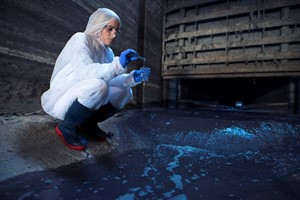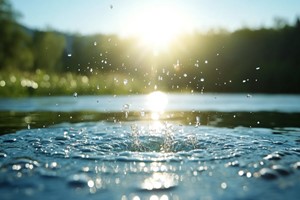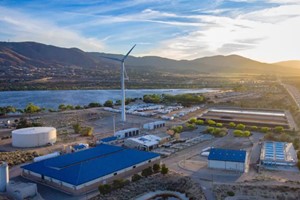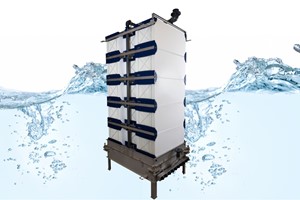Water management policies on the Costa del Sol focus on two key medium-term actions: raising public awareness about the importance of water conservation and promoting the use of recycled water. Acosol, the publicly-owned water company serving the western Costa del Sol, is already taking steps to implement the use of recycled water. By 2025, the company plans to lay the foundations to meet the irrigation needs of the area's golf courses, parks, gardens, and street-cleaning activities.
Acosol’s goal is to reduce reliance on natural water sources by recycling wastewater, which currently accounts for 25% of water consumption for irrigation—much of it using drinking water. “We cannot be constantly looking to the skies to see if it will rain. We have to be self-sufficient. The recycling of wastewater is critical for our area,” said Matilde Mancha, head of Acosol.
To achieve this, one of the main challenges ahead is improving sanitation so that wastewater reaches treatment plants in optimal condition. Deterioration in the sanitation network has allowed salt to seep into wastewater, making treatment more difficult. “Right now what we need is to stabilise the issue of conductivity because the sanitation network is very deteriorated and we already have a very clear roadmap for this,” explained Mancha. “All infrastructure work takes a long time and that is why we must never stop.”
In response, Acosol is focusing on key infrastructure projects. In collaboration with the Diputación, Málaga's provincial authority, Acosol has signed a joint contract worth over 3.3 million euros. This contract covers two major sections of the network. The first area, spanning nearly 2 kilometers between the Las Cañas stream and the Guadalmansa pumping station in Estepona, will involve the installation of a 90 cm diameter water-collection pipe. The second section runs between Marbesa and the La Víbora wastewater treatment plant in Marbella, covering just over half a kilometer with a similarly wide collector. Both sections will also be reinforced with a fibreglass mesh lining, ensuring the network remains watertight and preventing wastewater from leaking into the environment.
“The next batch of work will involve installing ultrafiltration plants,” Mancha continued. These efforts are crucial to improving the quality of recycled water for irrigation and contributing to the area’s overall water sustainability.
By María Albarral














